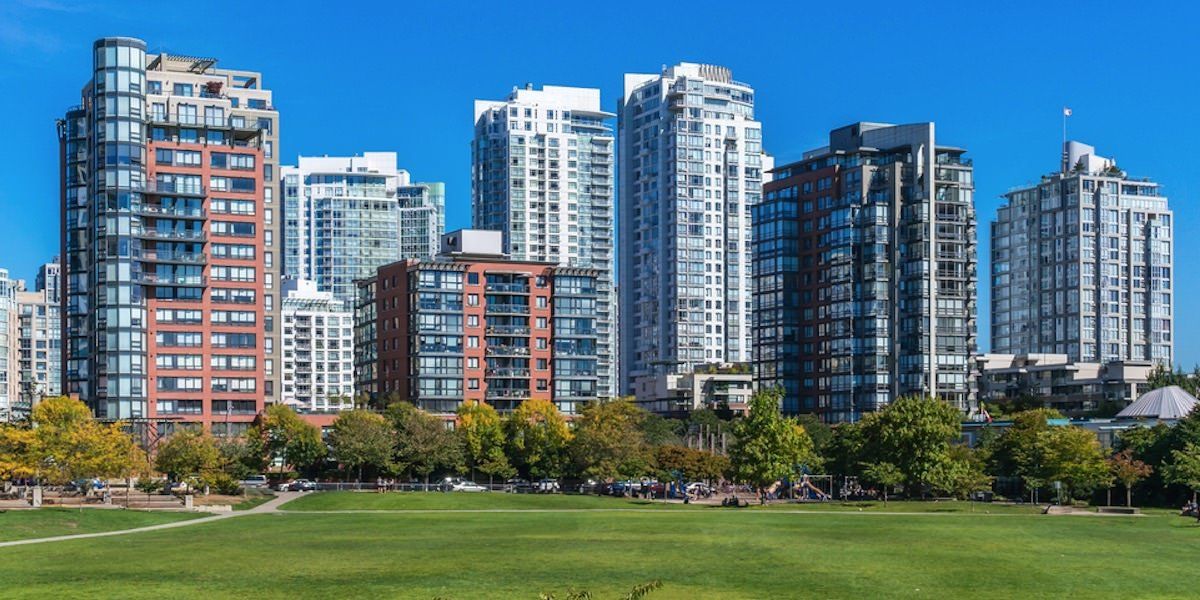Vancouver Housing Outlook | Q2 2015
Yesterday, Robyn Adamache a Senior Market Analyst for Metro Vancouver with CMHC gave a presentation on the Vancouver housing market.
Although I was unable to attend in person, some of my colleagues compiled their notes and shared the information with all Xeva brokers. Special thanks to Casey Archibald for his work in bringing this together!
I figured this would be great information to share on my blog, so here goes nothing!
CMHC’s New Tool
cmhc.ca/hmiportal This provides at a glance snapshots of local, regional, national housing data. You can compare vacancy rates in several communities and get property information broken down into provinces and cities.
On The Economy
Rates expected to stay low however they might start to edge up in 2016. Nothing drastic expected.
Low Dollar = Increased Exports, Increased Tourism & Increased Manufacturing. We are seeing Forest/Wood Products increasing with more stability returning to US build (back to 1M units/year).
2014 28k new jobs in GVA (21k part time, 7k full time) expected employment growth will continue.
BC Population Growth – 33.6k people to BC (from International)
Interprovincial growth is 10k in 2014
16,500 new households forming each year in the GVA
- 2610 Vancouver
- 2100 Coquitlam
- 2760 Surrey
- 1880 Richmond
- 1100 Maple Ridge
- 1320 Langley
Current Questions in the Media
There has been lots of talk recently in the media about Vancouver being taken over by foreign ownership.
Per VREB:
3% of MLS Sales to foreign Investors per Survey to Realtors of VREB (consistent STAT)
7% of MLS Sales to new immigrants
Per LANDCOR:
-25% of condo stock owned by investors (assessment sent to different address than subject property)
-11% of SFD in GVA owned by investors
-48% at UBC owned by investors
Per BT Architects
2009 – 5 to 8% of DT condos are “Dark” based on hydro study (Downtown Condos)
2011 Census: 7% condos unoccupied (City of Vancouver)
23% of Coal Harbour not occupied
Per CMHC 2014 Consumer Survey
2.3% of condos owned by foreign investors (City of Vancouver)
6% of downtown condos owned by foreign investors
Investor Confidence in Vancouver Rental Units
33% of Vancouver Investors expect their units to increase in value vs 50% in Toronto
Average GVA Condo Price: June 2008 MLS 375k to Mar 2015 390k
How do people afford to live in Vancouver You ask?…
Average Price (ALL home types) = 877k (Q1 2015 VREB)
Qualifying Income = 160k (approx)
20% of Sales 1.2M to 16.3M (VREB)
When the top 20% of the market (high end) is excluded, 80% of Sales 0M to 1.99M = Avg Price is 555k (Qualifying Income at the average = 102K)
Per Robyn Adamache, “Investor presence is not overwhelming” based on the data available from VREB, LANDCOR, CMHC and not affecting the market to the extent the media is reporting.
Housing Market Outlook
Q1 2015 = 39,901 MLS Sales
Vancouver
Townhouse Market – Strong Sellers Market (lack of product on market, limited be built)
SFD/Condo Market – Strong Balanced Market and showing currently for Q1 as Sellers (Busy Spring Market – however will not likely stay in Sellers category – likely to return to strong balanced)
Burnaby/Richmond
Townhouse/SFD – moving into sellers market
Condos – balanced
Greater Vancouver Yr over Yr Price Growth
11% SFD
5% TH
3% Condo
Summary
The housing demand is solid. Sales are expected to moderate for the remainder of 2015. Price growth will slow in 2016. With an expected 6% housing price growth in 2015 and a 3% housing price growth in 2016.
Recent Posts



Contact Me Anytime!
The best way to get ahold of me is to submit through the contact form below. However feel free to give me a shout on the phone as well.
Contact Us
We will get back to you as soon as possible.
Please try again later.
Luisa Hough. All Rights Reserved Privacy and Content Notice




